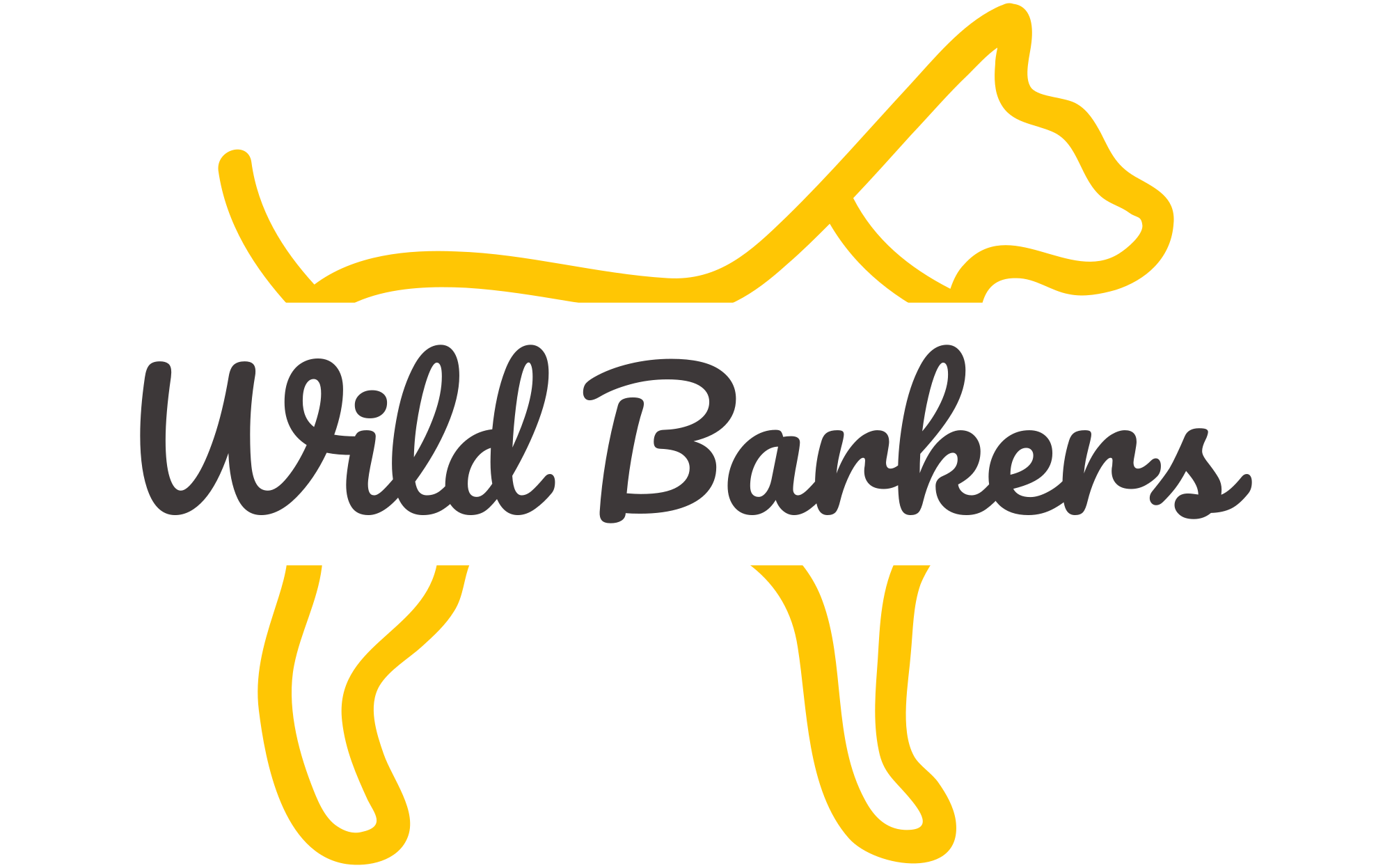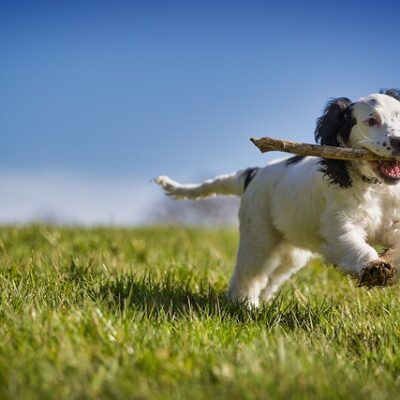Can Dogs Eat Acorns? No, acorns can be toxic to dogs and should not be eaten. Not only could acorns obstruct the throat and cause a dog to choke, but they also contain tannin, which can cause severe stomach discomfort, including diarrhea, and vomiting.
Why Can’t Dogs Eat Acorns? Due to the tannic acid in acorns and oak leaves, it is not recommended for them to be ingested. Tannin can be dangerous for pets, and if eaten, often can cause liver and kidney failure or damage.
The shape and texture of acorns can quickly get stuck and cause intestinal blockage, scratching, as well as choking.
Busy? Get Your Hands Paws On The Answers Quickly…
- What Happens If My Dog Eats Acorns?
- Signs and Symptoms To Look Out For
- How To Prevent Dogs From Eating Acorns
- What Else Should We Avoid?
- FAQs
WHAT HAPPENS IF MY DOG EATS ACORNS?
Some dogs may not experience any issues consuming acorns, while others may experience severe stomach upset. It is not known how many acorns cause problems, but it is recommended for your dog to avoid them. If your dog has eaten an acorn or oak leaf, contact your vet.
SIGNS AND SYMPTOMS TO LOOK OUT FOR
Choking:
An acorn is a common choking hazard in dogs, along with golf balls, bones, and rawhide. Any kind of obstruction can be fatal if not treated immediately. Common signs that a dog is choking include, retching, pawing at the throat, looking panicked, thrusting the head forward, or showing any signs of discomfort or difficulty breathing. It is essential to examine inside their mouth, ensure you pull their tongue forward and dislodge and remove the acorn.
Diarrhea or Constipation:
Due to the toxins, acorns can cause stomach issues, including diarrhea, bloody diarrhea, and constipation. If you believe this is the case or if it continues for more than 24hrs check with a vet. Dog’s ingest many things, and a single episode of diarrhea is standard in most dogs, sometimes even their food can cause odd bowel movements. Monitor them carefully and check for any other signs they may have ingested an acorn.
Feeling Lethargic:
If your dog becomes lethargic or is acting out of character, it is a sure way to tell they are not feeling right.
Increased Thirst and Loss of Appetite:
The tannin in acorns can cause kidney damage if consumed in high quantities. If the kidneys are damaged, your dog may experience frequently needing to urinate but not producing the same volume as urine as usual, and be thirstier than normal. The urine may also be darker in color.
HOW TO PREVENT DOGS FROM EATING ACORNS
There are many ways to teach a dog to stop eating things it shouldn’t, including acorns. The most common and easiest way is to distract and engage your dog in something more exciting for them. If you have acorns in your yard, try and clear as many as possible to avoid consumption.
Use Treats and Toys:
Nothing speaks to a dog better than tasty treats. If you spot acorns on your walk, call your dog over and treat them. Encourage them to walk near you when going past an oak tree with many fallen acorns. If the acorns are in your yard, a good way to stop your dog from eating acorns is to engage them in a fun game, such as fetch, or tug. If your dog is using the acorns as a teething or chewing toy, try purchasing some alternative dog safe ones for them to enjoy.
Teach ‘Drop It’ and ‘Leave It’:
Being able to get your dog to drop or leave anything it shouldn’t have in its mouth is incredibly valuable. Whether it’s something that could be poisonous or a toy in fetch.
You can start by engaging in a game of tug. In the middle of the game drop the toy and take a treat out and when your dog drops the toy for the treat use the command ‘drop it’. With repetition, your dog will learn with the command that if they drop the acorn, they will receive a delicious treat.
Choose a Different Route For Your Walk:
If acorns pose a serious issue on your daily walk and you are unable to entice your dog to ‘drop it’ or ‘leave it’, change it up! Most dogs love to explore new and exciting places. Try a different street or park with fewer oak trees and acorns.
Remove Acorns From The Yard:
If you have an oak tree in the area, your dog is alone, such as a yard or field, ensure that any fallen acorns are cleared away before the dog can get to them. Alternatively, make sure to keep an eye on your dog and make them drop and leave the acorns.
WHAT ELSE SHOULD WE AVOID?
There are many things dogs should avoid eating due to either being toxic or indigestible. Dogs do not chew their food as thoroughly as humans, and that makes many things become choking hazards.
Animal Poison:
Snail and slug pellets made from metaldehyde can be incredibly deadly if consumed by dogs. Symptoms include loss of balance, twitching, tremors, and seizures. Rat poison can also be fatal if consumed in a large quantity. Rat poison has anti-clotting properties which means it works by stopping the blood clotting correctly. If a dog consumes too much, it can cause a hemorrhage which can be fatal if not treated.
Toads:
If a dog comes into contact with a toad, either by licking it or eating it, it may become unwell. Toads produce venom which can be poisonous to dogs. Watch out for any signs that your dog is distressed such as pawing and irritation in the mouth.
Human Foods (such as grapes, raisins, onions, chocolate, caffeinated drinks, alcohol, xylitol, etc.):
Humans and dogs differ in the way they can process foods. Many foods that are safe for us to consume can be poisonous and fatal to dogs. Although tempting to feed our dogs from our plates, ensure you know which could prove deadly, before ‘treating’ your furry friend. Many of these foods can alter the central nervous system and heart function. Symptoms such as seizures, lethargy, upset stomach, collapsing, loss of movement, and differences in breathing can all occur from eating ‘human’ food.
Snails and Slugs:
Both snails and slugs can carry lungworm, and if a dog eats or is in contact with the slime, it can infect your dog. Watch out for coughing, breathing issues, as well as weight fluctuation, bleeding, and sickness. If you regularly treat your dog for worms, then this shouldn’t pose a threat.
Other things to avoid outdoors: Certain flower bulbs, conkers, ivy, holly, wild mushrooms, and fungi.
Can acorns cause seizures in dogs?
The health of a dog can be the cause of seizures, including poison, toxins, and kidney disease, all of which could be associated with excessive consumption of acorns.
Can acorns kill dogs?
If a dog chokes on an acorn or it gets lodged in its trachea, it can prove fatal.
How many acorns can a dog eat?
There is no specific amount to weight ratio for acorns. We advise you to try and stop your dog eating acorns at all costs.
What animals eat acorns?
Many animals eat acorns, such as rabbits, squirrels, deer, and some birds.
Can dogs eat acorn squash?
Yes, a small amount is great for dogs. Just be sure that there is no added sugar or sweeteners.
Can dogs eat pecans?
No, they contain a toxin called juglone which can cause stomach issues.
Can dogs eat walnuts?
It is not recommended for dogs to eat walnuts as they are high fat. Like acorns, the size of walnuts can also cause blockages, especially in smaller dogs.
Looking for more pawsome posts? Check these out…
Can Dogs Eat Lettuce?
How To Make A Snuffle Mat
When Do Puppies Lose Their Teeth?
Can Dogs Eat Broccoli?
Can Dogs Eat Watermelon?
Disclaimer: Each dog is different, and every circumstance is different. All efforts have been made to provide accurate information. However, it is not provided by a qualified Veterinarian, Veterinarian Surgeon, or Behaviorist. The information provided is purely educational. The information should not be used as an alternative or substitute for medical care. If you have any health or medical concerns, contact a qualified Veterinary Surgeon or Veterinarian immediately.











No Comment! Be the first one.